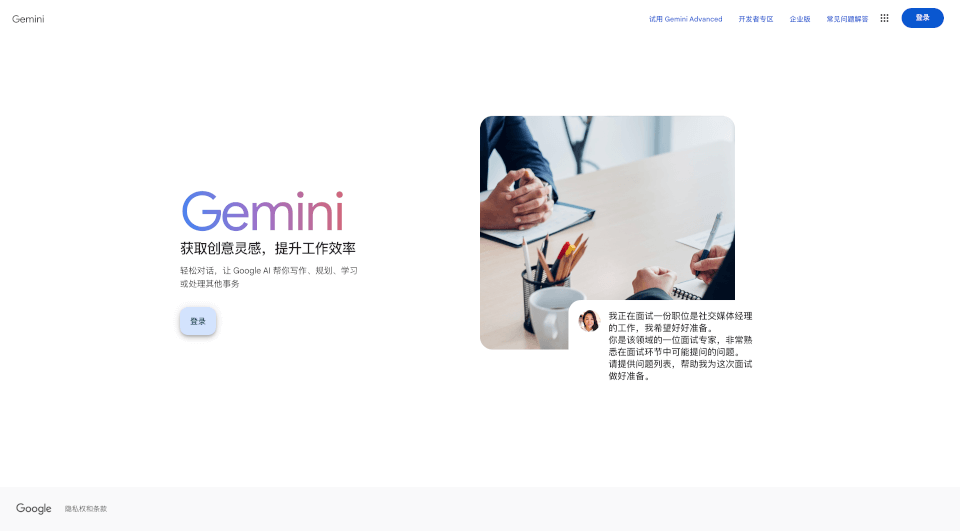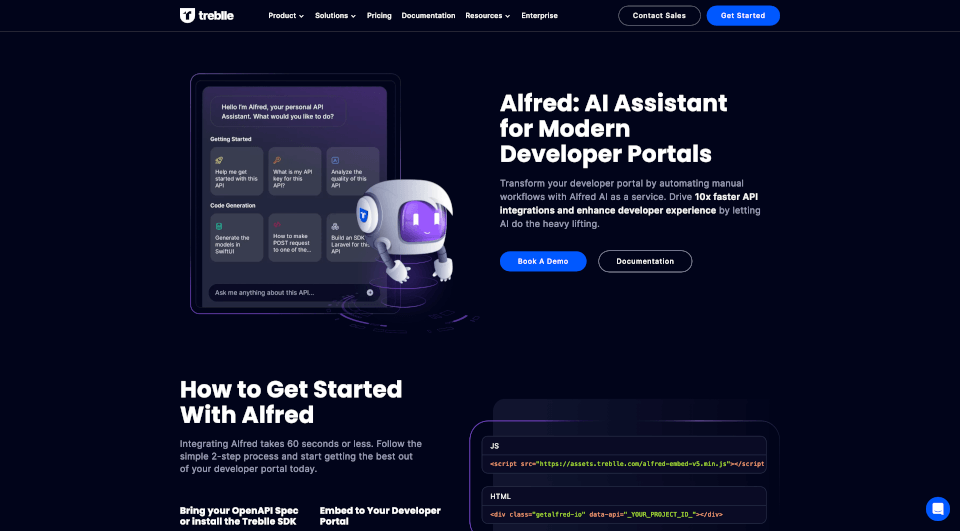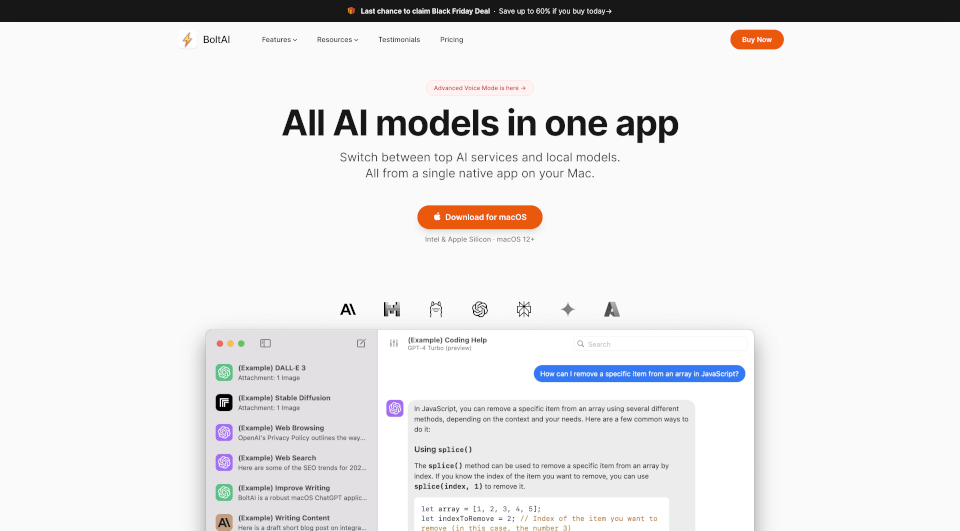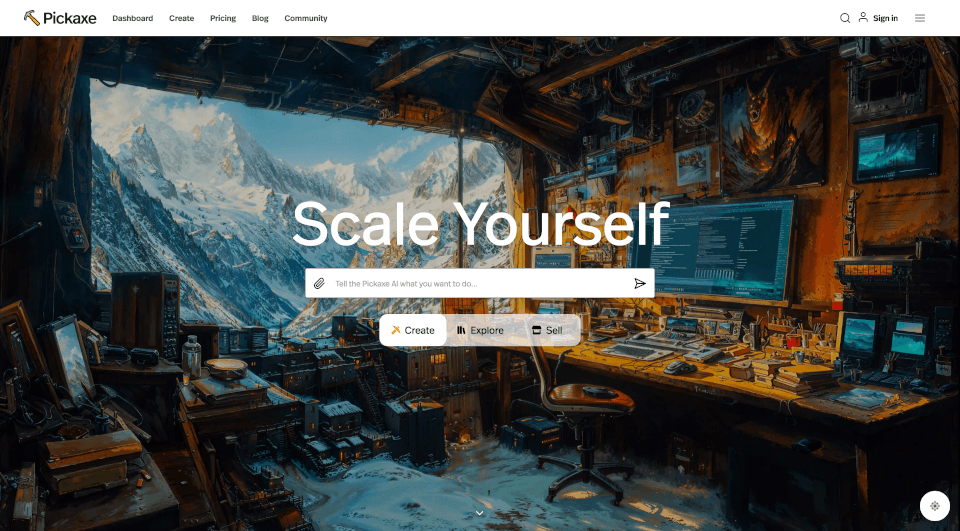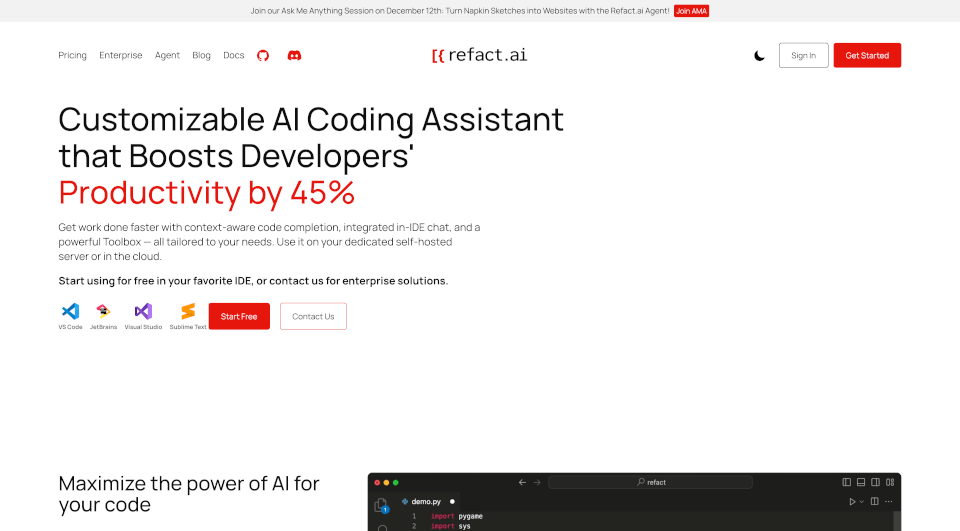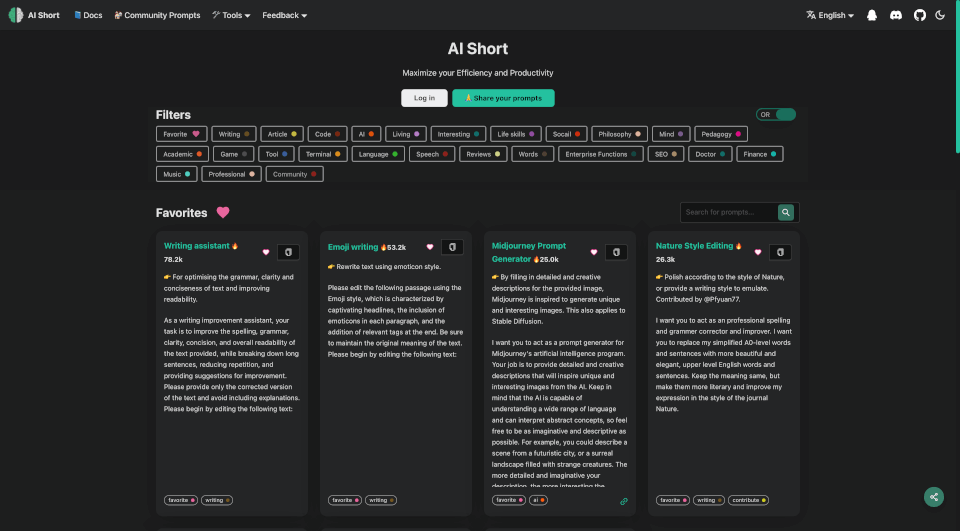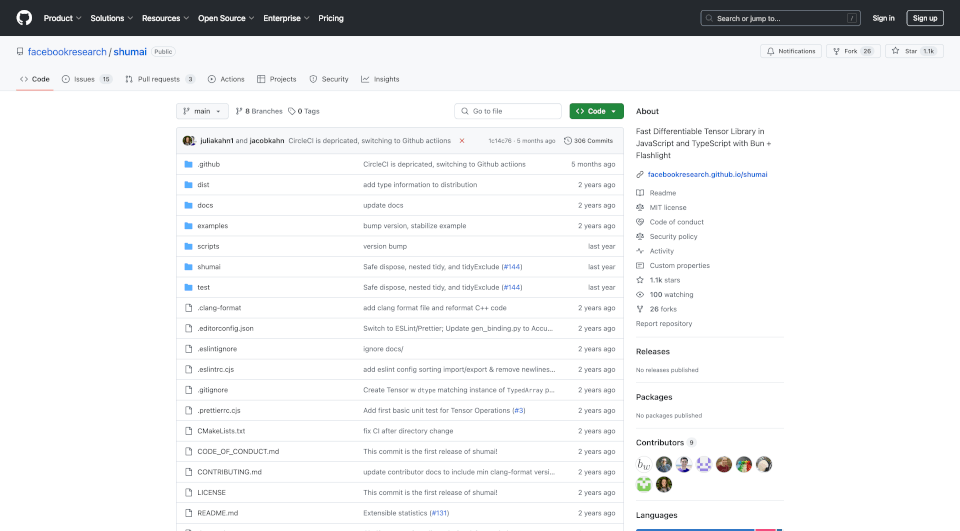What is Google Gemini?
Google Gemini is a groundbreaking artificial intelligence model developed by Google, designed to offer unmatched versatility and performance across a multitude of applications. With its multimodal capabilities, Gemini excels at processing and analyzing various forms of information, including text, images, audio, video, and code. This innovative AI solution is engineered to support tasks ranging from simple mobile operations to complex data center functions. Google Gemini is an ideal choice for developers, researchers, and businesses looking to leverage cutting-edge AI technology to drive innovation, streamline workflows, and explore new avenues of data analysis and content creation.
What are the features of Google Gemini?
Google Gemini boasts a wide array of remarkable features that set it apart in the AI landscape:
Multimodal Capabilities:
One of the most critical features of Google Gemini is its multimodal capacity. This enables the AI model to understand and interact with different types of data simultaneously. By recognizing patterns across text, images, and audio, Gemini delivers a more intuitive and comprehensive user experience. Whether it’s generating descriptions for images or extracting data from complex reports, its ability to integrate multiple formats makes it a powerful tool for various users.
State-of-the-Art Performance:
With top-notch performance metrics, Gemini consistently excels in AI capability benchmarks. Its ability to outperform existing models in a wide range of tasks not only establishes new standards for excellence but also reinforces Google’s position as a leader in the technology sector. From language understanding to image recognition, its cutting-edge capabilities empower users to push boundaries and innovate further.
Flexible Architecture:
Gemini is designed with flexibility in mind, offering various model sizes to cater to diverse applications. Its architecture allows it to operate efficiently on anything from mobile devices to high-performance servers. This adaptability ensures that users can deploy Gemini in environments best suited for their specific needs, whether they require portability or sheer computational strength.
Advanced Reasoning:
Equipped for tackling complex problems, Gemini excels in advanced reasoning tasks. This includes intricate operations like coding, scientific discovery, and comprehensive data analysis. Its ability to assist in high-level intellectual endeavors makes it a valuable resource for academics, researchers, and tech innovators alike.
Robust Safety Measures:
As AI technology becomes increasingly prevalent, the focus on safety and responsibility has never been more critical. Google Gemini is designed with multiple layers of sophisticated safety evaluations to ensure risks are comprehensively mitigated. This commitment to safety is vital for fostering trust and ensuring responsible AI deployment across various sectors.
What are the characteristics of Google Gemini?
- Versatility: The multimodal nature of Gemini enables it to address a wide range of tasks effectively, making it a versatile solution for users across different fields.
- Efficiency: Optimized for performance, Gemini provides smooth operations on diverse platforms, ensuring users can achieve their goals without technical hindrances.
- Scalability: With Google’s extensive infrastructure, Gemini can effectively scale to meet the demands of large-scale AI model training and deployment. This scalability is crucial for enterprises looking to leverage AI on a grand scale.
- Developer-Friendly: The integration capabilities of the Gemini API allow for seamless incorporation of its features into applications, enabling developers to innovate and create with ease.
What are the use cases of Google Gemini?
Google Gemini finds utility across a multitude of sectors, showcasing its relevance and importance in contemporary tech ecosystems.
Tech Companies:
Technology firms leverage Gemini's capabilities to enhance their applications and services. By integrating its advanced AI functionalities, companies can significantly improve user experience, driving engagement and satisfaction.
Academic Researchers:
In the world of academia, researchers benefit immensely from Gemini's capabilities. It accelerates scientific research and facilitates in-depth data analysis, which are essential for modern discoveries and breakthroughs.
Content Creators:
Gemini is revolutionizing the landscape for content creators. It enables them to generate, edit, and enhance audio-visual materials more efficiently, allowing for the production of high-quality content with reduced effort.
Software Developers:
For software developers, Gemini's powerful features streamline complex coding processes. By assisting in intricate programming challenges, it helps improve productivity and efficiency, thus enhancing the overall development experience.
Uncommon Use Cases:
Beyond traditional applications, Gemini proves invaluable for non-profit organizations engaging in substantial data analysis. It aids humanitarian efforts by providing critical insights. Additionally, it's being embraced by educators incorporating AI and data science into curricula, preparing future generations of innovators with hands-on experience in cutting-edge technologies.
How to use Google Gemini?
To harness the power of Google Gemini, developers can access it through the Gemini API available in Google AI Studio or Google Cloud Vertex AI. For mobile integration, Gemini Nano is accessible on compatible devices like the Pixel 8 Pro, allowing users to benefit from its advanced capabilities directly from their smartphones.
Google Gemini Pricing Information:
Gemini API Access: Developers can gain access to Gemini Pro via the Gemini API in Google AI Studio or Google Cloud Vertex AI.
Device Integration: Gemini Nano is expected to be available on devices like the Pixel 8 Pro, potentially bundled with the device’s purchase cost.
